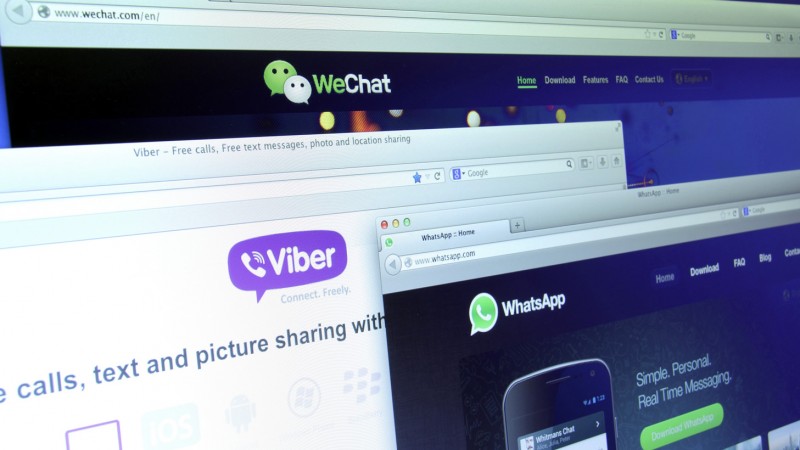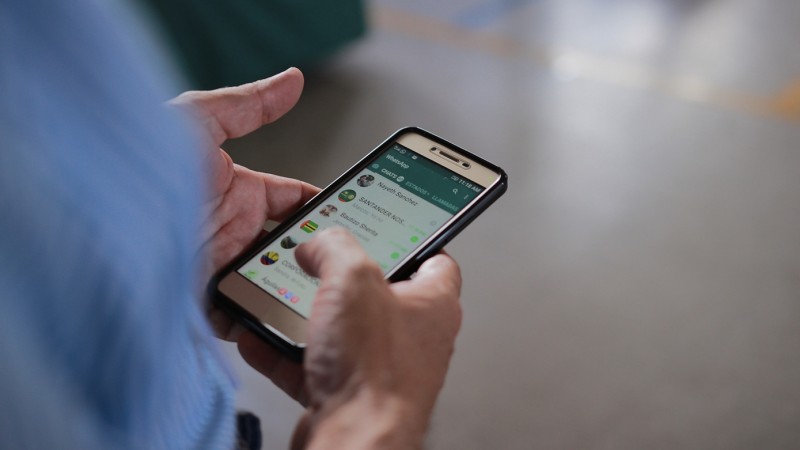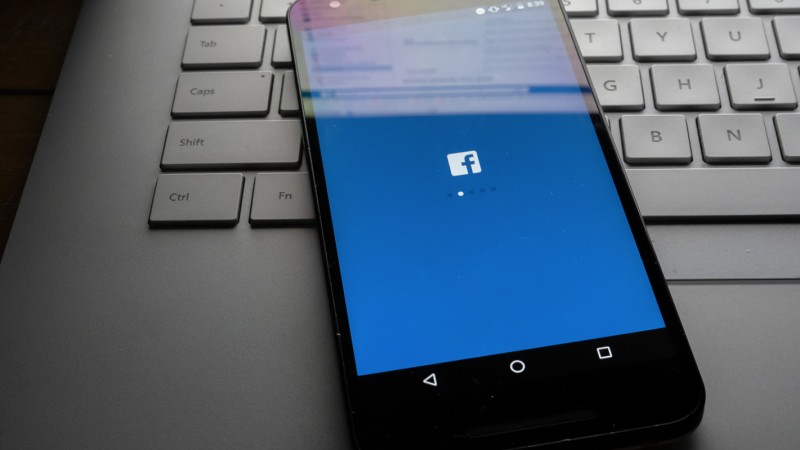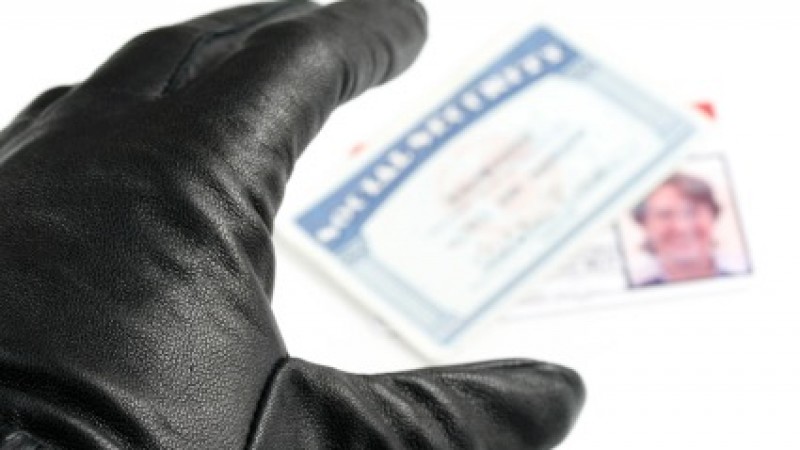Protect Your Messenger Accounts from Scammers and Hackers!
- Detalles
- Escrito por Will from Holland
- Categoría: Articles

Are you on a messenger platform or program? Like WhatsApp, Viber, WeChat and the like? Are you aware of how many scams are happening on these platforms?
Does this make you want to stop using messenger services? That's not quite the message we're trying to deliver.
Unfortunately, there are a lot. Some are old, some are new, and some are harder to spot than others. You don't have to be the richest man on earth and receive a video file from an Arabian prince to get hacked either. It can happen to anyone!
What Most Scams Have in Common
What all scammers want is to get you to hand over sensitive personal and financial information. They get you to hand it over yourself, or they install malware to sneak it from you—sometimes without you knowing it.
And here's the latest: Messenger scammers are all about taking over your entire account. They want to become you, and use your account to scam your contacts! And they may try to do this by hacking your voicemail, too.
Say that again?
Yes. And the reason is simple. If scammers want to use your messenger account, they need a verification code to switch the account. This code is usually sent via text message to your phone (after you request it).
However, you can also use the option "to be called" with the code. But, if no one answers the call, the verification code ends up in your voicemail.
See where this is going?
To access a voicemail box (from another telephone), you need a pin code. If you have a standard or easy-to-guess PIN code for a voicemail box, such as "0000" or "1234", that hacker gets into your voicemail in no time, and thus, they get their hands on the activation code.
And just like that, these scammers will be using your messenger to squeeze money out of your friends and family!
They'll tell your contacts "you" need money (urgently). You're stuck somewhere, or in real serious trouble, and need money, quick! Please wire or Venmo money, now! And that is going to hurt any of your contacts who fall for the trick.
Easy Fix
Luckily, there's a pretty easy fix: Use hard-to-guess passcodes for your inboxes. And check your accounts regularly. If you notice any suspicious behavior, make sure you clean out your accounts from scammers, and remove malware from your devices (with your messenger or cellphone provider).
Common Messenger Scams
Other common messenger scams are:
-
"Your account has been compromised" messages from your bank. You need to go to such-and-such-link, and update or verify your information.
The giveaway? Banks and the like use chat and messenger services to communicate with customers, but much like the good old phishing messages, legitimate companies don't send messages like this and ask you to click a link.
-
Messages from (fake) contacts, which ask you to click a link. The aim of this message is to trick you to fill out personal or financial information on phony websites.
The giveaway? These messages are almost always from fake contacts, have poor spelling, and random links.
-
Messages that include a voicemail button. You click the voicemail button, and you go to dodgy websites where malware is very likely to be installed on your device.
The giveaway? Message services like WhatsApp deliver the voicemail right into the message, and you don't have to click a button or link.
-
Retailer discounts after filling out a (quick) questionnaire. Though this scam isn't solely aimed at messenger services, you're promised nice discounts at supermarkets and retailers around the country. Again, they want to lure you to dodgy websites.
The giveaway? Retailers and supermarkets don't randomly send market surveys. Sure, they may do so after your recent visit with them, but generally not at random.
-
The "Gold", or "Spy" app. Perhaps you're offered a super fancy special version of your messenger service. Or how about an app that spies on your contacts so you can read what they write about other people? F-A-K-E! Most likely, you're just signing up for a paid service that others get for free.
The giveaway? There is no special super version of messenger apps (if in doubt, do proper research!). And, spying on other people is immoral (let alone illegal), so don't even go there.
Should You Stop?
Does this make you want to stop using messenger services? That's not quite the message we're trying to deliver. You should be okay, as long as you:
Use common sense. Think before you act or believe people or questionable offers.
Slow down before clicking links. Do-not-click-any-link casually, even if it looks like it is from your best friend.
And most important, be cautious with your personal and financial information.
That's it. I hope this helps!
Will


































